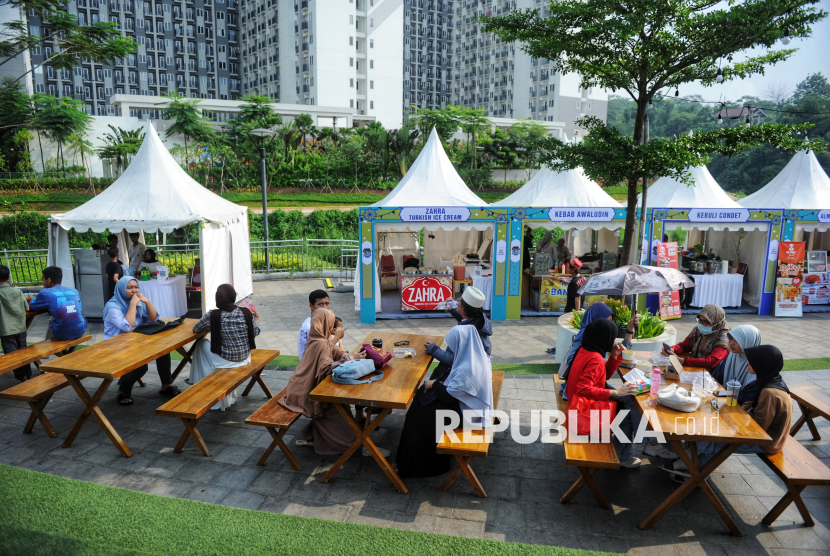REPUBLIKA.CO.ID, JAKARTA -- The growth of halal Chinese cuisine in Indonesia is increasingly striking and reaching more circles, not limited to the Muslim community of Chinese descent. This is in contrast to Malaysia which, despite having a larger Chinese Muslim community, its halal culinary development still tends to target certain segments.
Researcher at Universiti Kebangsaan Malaysia (UKM), Hew Wai Weng, assessed that in Indonesia, most Chinese food is already adapted to halal tastes and rules. “I think that in Indonesia, Chinese food is already halal, so Muslims of Chinese descent do not have to look for special restaurants,” he said as quoted from Radii on Tuesday (1/7/2025).
According to Weng, many Chinese foods in Indonesia have adapted naturally, such as replacing pork with chicken or beef, and not using alcohol in their processing. Unlike Malaysia which still retains the culinary character of South China which tends to be nonhalal, so the need for a halal version is more urgent.
Weng also noted that in Indonesia a growing number of non-descendant Chinese entrepreneurs are developing halal Chinese culinary businesses, ranging from five-legged sellers to large restaurants. “A lot of halal dim sum restaurants are now owned and run by non-Chinese people, this shows an increasingly wide market,” he said.
This trend is reflected in the growth of halal-certified Chinese restaurants. Data from the Surabaya City Department of Industry and Commerce recorded a 150 percent increase in the number of halal Chinese restaurants in the past five years, from 20 outlets in 2018 to 50 outlets in 2023.
For the Muslim community of Chinese descent, the availability of halal food is also a means of staying involved in family traditions. Phoebe Shafa Fiorentina, a Muslim of Chinese descent, admitted that it is now easier to celebrate the Chinese with the family because of the growing selection of halal menus.
“In the past, many Chinese celebration dishes were not kosher. But now the options are much more diverse,” Phoebe said.
He added that kosher food is not only part of worship, but also a bridge to strengthen cross-faith relationships within the family. “I like satay, and if you're looking for one that's kosher usually choose chicken or beef instead of pork,” he said.
Anthropologist from Pelita Harapan University (UPH), Johannes Herlijanto, sees this trend as also indicative of broader social change. He said Chinese food businesses are now actively serving non-Chinese Muslim consumers, signaling an increasing inclusiveness.
“At some point, it's not just about celebrating Indonesia's diversity, but also addressing the needs of the market,” Herlijanto said.
The Journal of Tourism Science survey showed that 78 percent of Muslim respondents were interested in trying halal dim sum, and 65 percent of non-Muslim respondents also showed interest. This reinforces the conclusion that halal cuisine is not only a religious identity, but also a market trend that unitesdifferent circles.
Weng added that compared to Malaysia, Indonesia has a more adaptive halal culinary system and spreads naturally in society. “A lot of Chinese food in Indonesia has been halal since the beginning, and this makes its cuisine more acceptable to Muslims in general,” he said.


